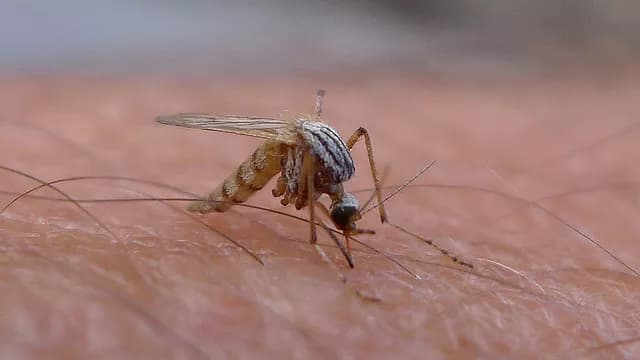
Brain Damage Caused By Zika Exposure In Utero Can Be Detected By Both Fetal MRI And Ultrasound
Clinicians managing Zika-affected pregnancies should use magnetic resonance imaging (MRI) in addition to standard ultrasound (US) because the more detailed MRI images can reveal more extensive areas of damage to the developing fetal brain, according to research presented during IDWeek 2017.
"MRI and US provide complementary data needed to assess ongoing changes to the brains of fetuses exposed to Zika in utero," says Sarah B. Mulkey, M.D., Ph.D., a fetal/neonatal neurologist at Children's National Health System and lead author of the research paper. "In addition, our study found that relying on ultrasound alone would have given one mother the false assurance that her fetus' brain was developing normally while the sharper MRI clearly pointed to brain abnormalities."
As of Sept. 13, the Centers for Disease Control and Prevention (CDC) reported that 1,901 U.S. women were exposed to Zika at some point during their pregnancies but their infants appeared normal at birth. Another 98 U.S. women, however, gave birth to infants with Zika-related birth defects. And eight more women had pregnancy losses with Zika-related birth defects, according to CDC registries.
The longitudinal neuroimaging study led by Children's National enrolled 48 pregnant women exposed to the Zika virus in the first or second trimester whose infection was confirmed by reverse transcription polymerase chain reaction, which detects Zika viral fragments shortly after exposure, and/or Immunoglobulin M testing, which reveals antibodies the body produces to neutralize the virus. Forty-six of the study volunteers live in Barranquilla, Colombia, where Zika infection is endemic. Two women live in the Washington region and were exposed to Zika during travel elsewhere.
All of the women underwent at least one diagnostic imaging session while pregnant, receiving an initial MRI or US at 25.1 weeks gestational age. Thirty-six women underwent a second MRI/US imaging pair at roughly 31 weeks gestation. Children's National radiologists read every image.
Three of 48 pregnancies, or 6 percent, were marked by abnormal fetal MRIs:
- One fetus had heterotopias (clumps of grey matter located at the wrong place) and abnormal cortical indent (a deformation at the outer layer of the cerebrum, a brain region involved in consciousness). The US taken at the same gestational age for this fetus showed its brain was developing normally.
- Another fetus had parietal encephalocele (an uncommon skull defect) and Chiari malformation Type II (a life-threatening structural defect at the base of the skull and the cerebellum, the part of the brain that controls balance).The US for this fetus also detected these brain abnormalities.
- The third fetus had a thin corpus callosum (bundle of nerves that connects the brain's left and right hemispheres), an abnormally developed brain stem, temporal cysts, subependymal heterotopias and general cerebral/cerebellar atrophy. This fetal US showed significant ventriculomegaly (fluid filled structures in the brain that are too large) and a fetal head circumference that decreased sharply from the 32nd to 36th gestational week, a hallmark of microcephaly.
After they were born, infants underwent a follow-up MRI without sedation and US. For nine infants, these ultrasounds revealed cysts in the choroid plexus (cells that produce cerebrospinal fluid) or germinal matrix (the source for neurons and glial cells that migrate during brain development). And one infant's US after birth showed lenticulostriate vasculopathy (brain lesions).
"Because a number of factors can trigger brain abnormalities, further studies are needed to determine whether the cystic changes to these infants' brains are attributable to Zika exposure in the womb or whether some other insult caused these troubling results," Dr. Mulkey says.
Materials provided by Children's National Health System. Note: Content may be edited for style and length.
Disclaimer: DoveMed is not responsible for the accuracy of the adapted version of news releases posted to DoveMed by contributing universities and institutions.
References:
Children's National Health System. (2017, October 4). Brain damage caused by Zika exposure in utero can be detected by both fetal MRI and ultrasound: Non-invasive diagnostic imaging techniques provide complementary data about fetal brain abnormalities. Retrieved October 6, 2017.
Related Articles
Test Your Knowledge
Asked by users
Related Centers
Related Specialties
Related Physicians
Related Procedures
Related Resources
Join DoveHubs
and connect with fellow professionals

0 Comments
Please log in to post a comment.